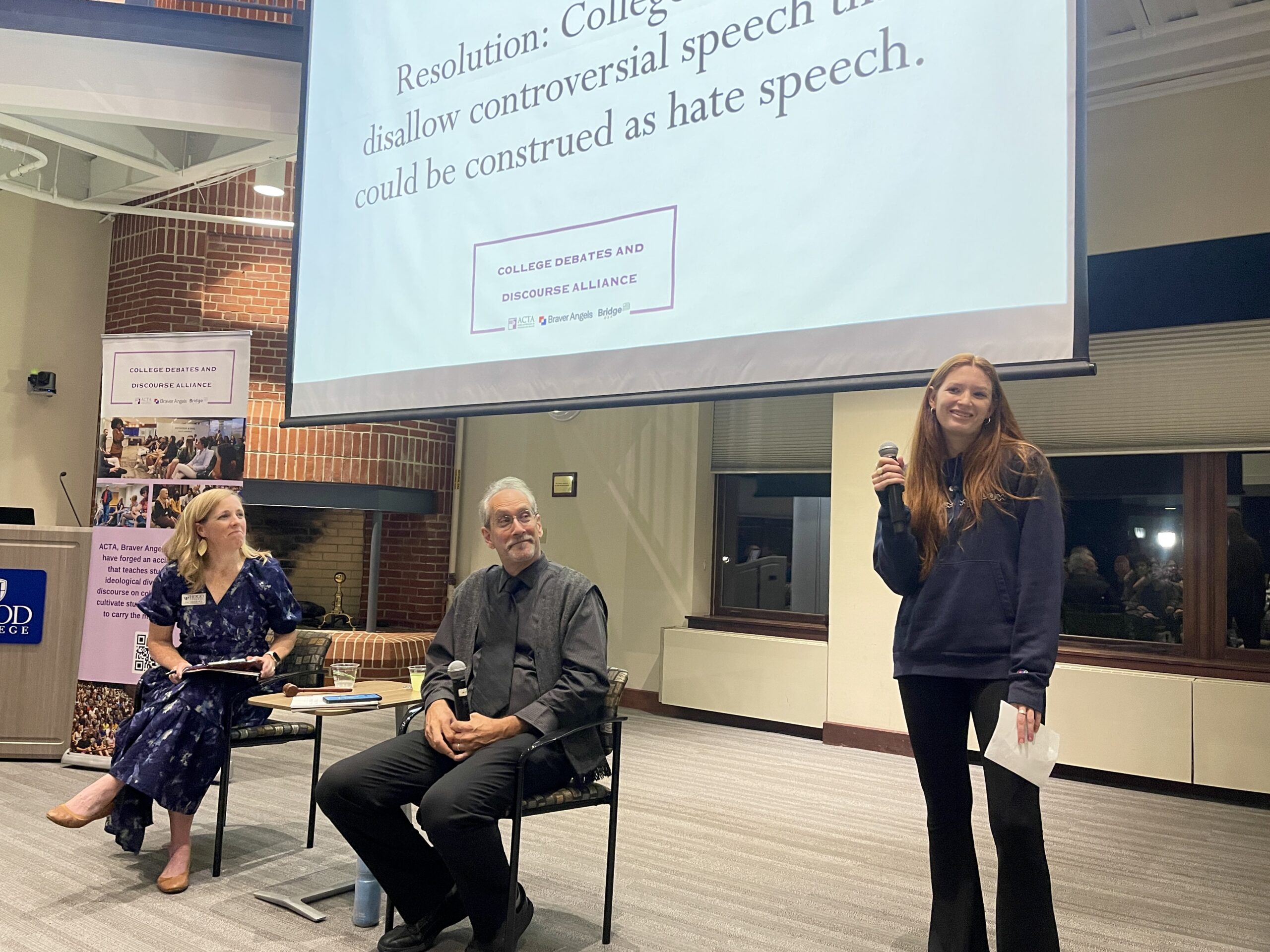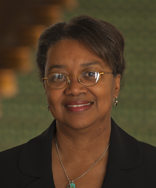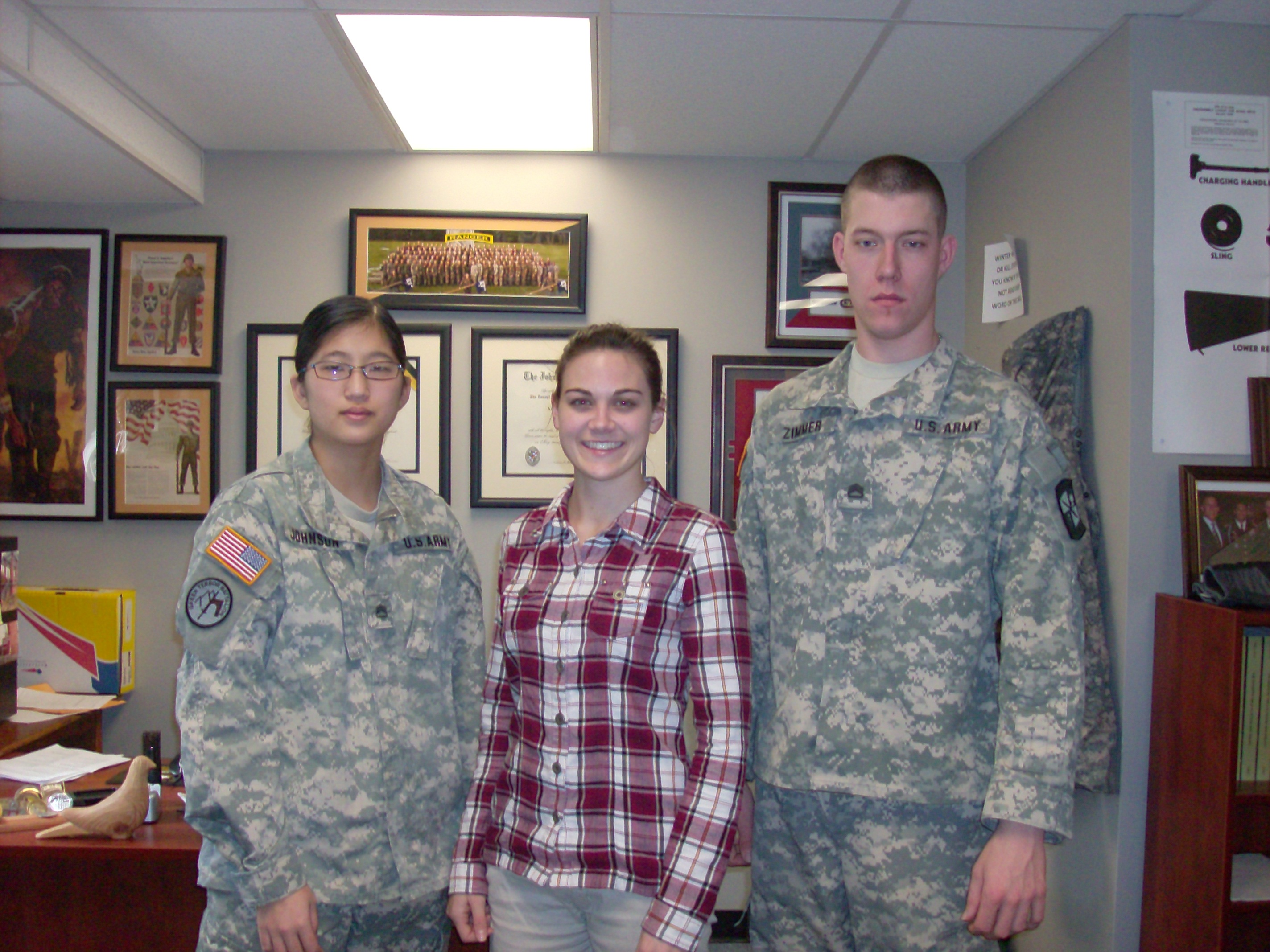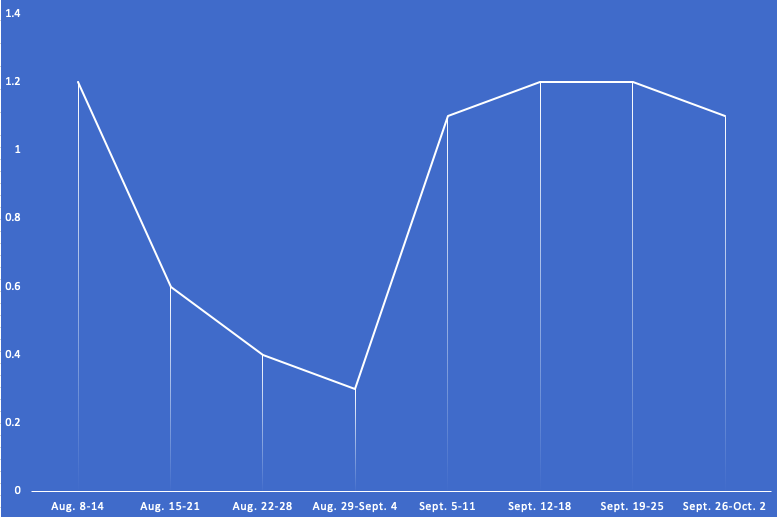
By Mariana Poshyvailo //
Hood College held its first Braver Angels debate on Monday, Sept. 30, for a discussion on whether colleges should disallow controversial speech that could be construed as hate speech.
Braver Angels, a national organization dedicated to fostering civil dialogue across political divides, facilitated the debate through its College Debates and Discourse Alliance. The group’s mission is to equip individuals with communication skills that promote mutual understanding.
Moderated by Doug Sprei, the founder and director of the College Debates and Discourse Alliance, the evening provided a platform for participants to express their opinions and ask thoughtful questions.
Sprei emphasized the importance of honoring ideological diversity and fostering civil discourse, a mission that has been steadily expanding. In collaboration with organizations such as the American Council of Trustees and Alumni and BridgeUSA, a student organization to fight political divisions, Braver Angels has held debates and workshops on over 100 college campuses. “It is always a pleasure to come to a new school I have never been to,” Sprei said. “It was a great evening.”
The debate featured several student speakers who provided nuanced perspectives on free speech and its potential to cross into hate speech.
William Lantry shared an example from a past class where a student’s remarks about Muslim people shifted into hate speech, underscoring the importance of structured conversations to prevent harmful rhetoric.
Lantry stressed that the way we express our emotions often reveals more than the words we use, suggesting that some speech can be harmful even if it doesn’t seem outwardly hateful.
Casey Rohwein, Hood student, added that college is an ideal environment to grapple with sensitive topics, noting that students are supported in ways they might not be once they leave the academic setting.
Another student, Max Phipps, echoed this sentiment, arguing that colleges need to protect students from hate speech, which can have serious emotional and academic impacts, especially given the closed nature of campus life.
Maggie Ralston, a Hood student, focused on the need for a positive, inclusive learning environment, advocating for communication that fosters collaboration and creativity without being offensive. “Clear communication is essential,” she said, highlighting how an atmosphere of respect enhances learning.
One participant argued that discussing hate speech, rather than banning it outright, could lead to a better understanding of its consequences.
Associate professor of political science Carin Robinson, who organized the event, praised the students’ willingness to speak and share their opinions. “This debate exceeded my expectations,” she said.
Robinson highlighted a key distinction between traditional debates and Braver Angels, noting that “there is not a winner or loser.” She also pointed out that the event’s theme aligns with Hood College’s new freedom of expression policy, making the debate particularly relevant to the campus community.
Sprei said that students are seeking more meaningful ways to engage in conversation, focusing on connection and productive dialogue. He noted that Braver Angels allows students to choose debate topics that resonate with them. “That way, I know they’re discussing issues they genuinely care about,” he said.
Sprei observed that while people acknowledged hate speech as a problem, they also recognized the need to be challenged by differing viewpoints and to listen without taking offense.
“We want to have more dialogues like this,” he said. Sprei expressed his gratitude for the opportunity to be part of the event, saying, “We are very happy to be invited to Hood. Thank you, Professor Robinson.”
Students expressed their gratitude for the organization of the Braver Angels Debate, the opportunity to discuss important topics beyond the classroom and the chance to hear valuable perspectives. Many participants asked Sprei after the event when they could do it again. As the evening concluded, it was clear that the debate had sparked not only reflection but also anticipation for future conversations.




Be the first to comment